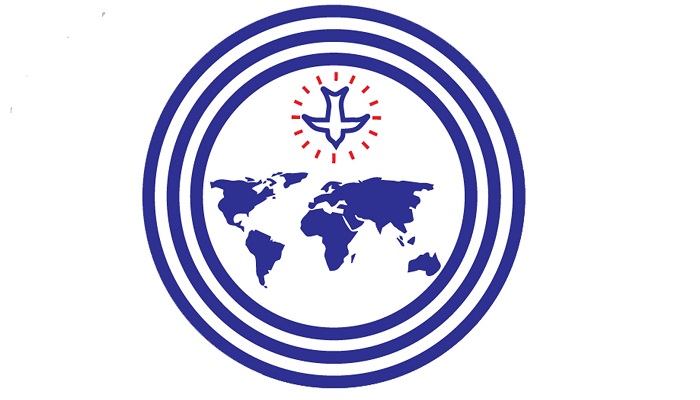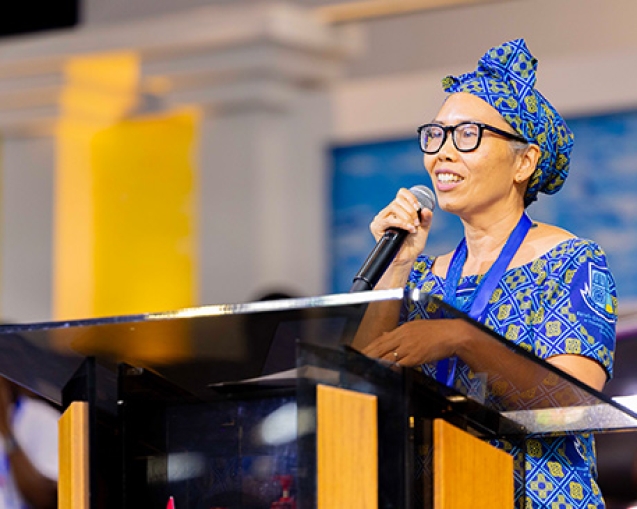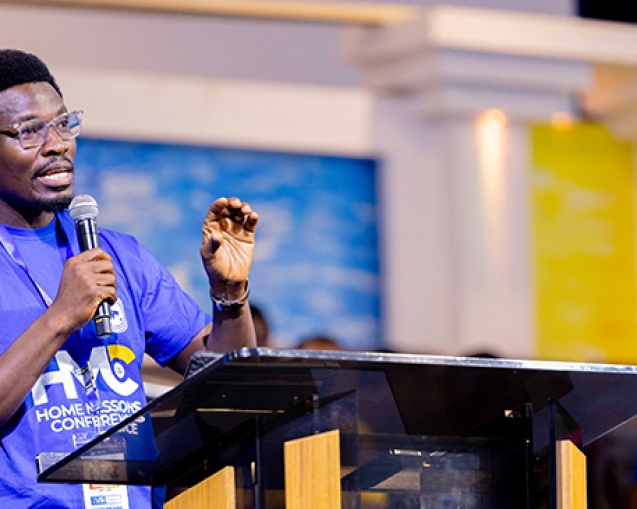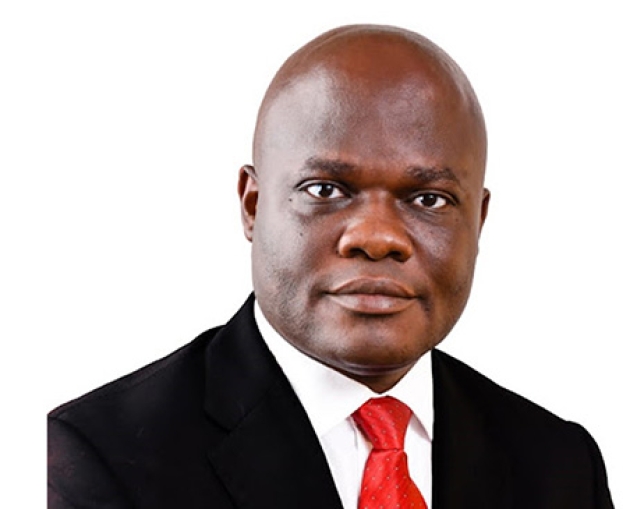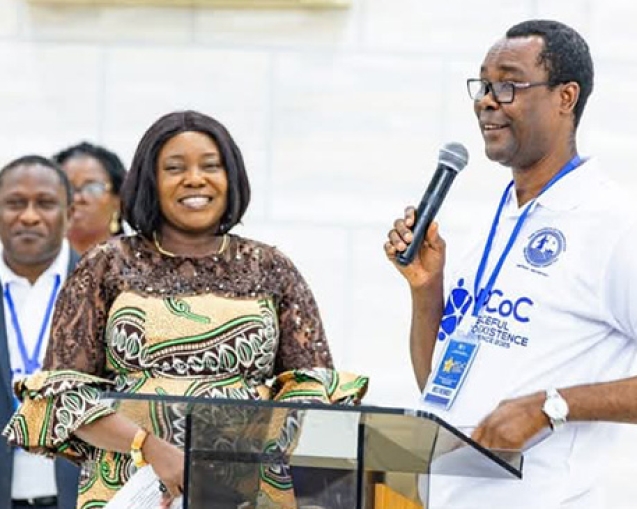A huge part of the year 2020 has been plagued by the novel Coronavirus (COVID-19) which has resulted in the death of thousands of people across the globe.
Behind these statistics lie the human costs of the pandemic, from the deaths of friends and family to the physical effects of infection and the mental trauma and fear faced by almost everyone.
In recent weeks, we have seen the significant impact of the coronavirus on the global economy. This, in turn, affects many people, typically the self-employed, those working in the informal sector of the economy and those in part-time or contract-based work.
Although some governments have announced economic measures to safeguard jobs, guarantee wages and support the self-employed, there is a lack of clarity in many countries about how these measures will be feasible.
As COVID-19 cases increased at a fast rate, measures to keep people apart were put in place to slow the spread of the virus. It initially began with social (spatial) distancing; however, after this failed to effectively curb the spread of the deadly virus, a more stringent measure to contain the virus was proposed – a lockdown.
Unfortunately, with a nation like Ghana that has a frail economy and a complex social structure, a lockdown (partial or total) would certainly come with huge implications.
After days of rife speculation, the President of the Republic, H. E. Nana Addo Dankwa Akufo-Addo, during a national address on Friday, March 27, 2020, declared a partial lockdown of Accra, Tema, and Kumasi, effective 1:00 am on Monday, March 30, 2020, for two weeks.
The decision, according to the President, was to help contain the spread of COVID-19 which at the time had led to four deaths and infected some 137 persons.
Anticipating the huge effect of the lockdown on the livelihoods of members of The Church of Pentecost and Ghanaians in general, the leadership of The Church of Pentecost adopted a strategic approach towards navigating the lockdown period.
This strategy was premised on a tactic adopted by Joab, the commander of the troops of Israel, when the Israelites went into battle with the Arameans and the Ammonites (2 Samuel 10:9-13).
When, Joab realised that the battle lines had been drawn before and behind his troops, and they were faced with the Arameans and the Ammonites on each side of the battle, he selected some of his best men and deployed them against the Arameans, whilst he put the rest under the command of his brother, Abishai, and deployed them against the Ammonites.
Joab then said to Abishai that, “If the Arameans are too strong for me, then you are to come to my rescue; but if the Ammonites are too strong for you, then I will come to rescue you. Be strong, and let us fight bravely for our people and the cities of our God. The Lord will do what is good in His sight.”
This is to say that, just like the Israelites, the church finds herself in a critical position in the fight against COVID-19. On one hand, is her commitment to supporting the government in dealing with the pandemic in line with the “Possessing the Nations” agenda (Vision 2023); on the other hand, is her responsibility to offer timeous assistance to members of the church who may need material support during the period.
The church in deploying the Joab tactic, through the National Headquarters and the Regional Coordinating Committees (RCCs), is mobilising resources to be channelled towards augmenting the efforts of the Government of Ghana in the fight against COVID-19 at the national and regional levels.
Thus, the National Headquarters and the RCCs would primarily focus on assisting the state, specifically the Ministry of Health (MoH), in providing personal protective equipment (PPEs) to the various health institutions, who are at the forefront of the COVID-19 fight, so that they would be adequately equipped to deal with the deadly virus.
In the meantime, the Area, Districts and Local Assemblies have been encouraged to prioritise the needs of members and even non-members within their jurisdiction who may have genuine needs during this difficult period.
Unfortunately, after a week of staying indoors, the unprecedented lockdown seems to be taking a toll on the citizenry. As a result, we have had some sections of the general public bad-mouthing The Church of Pentecost and accusing the church of giving more assistance to the state to the neglect of our members.
It is, therefore, important to clarify that thousands of Ghana cedis have already been spent on supporting needy members and non-members since the start of the lockdown.
However, unlike donations to institutions, these donations are not being publicised in the media or on Social Media platforms because we believe that it is not a dignified way to go about it. We must support such persons without compromising their dignity.
Therefore, contrary to information that the church is not doing enough for her members in need, The Church of Pentecost is committed to offering as much support as possible to those in need during this difficult period. As a matter of fact, we anticipate that we would be required to even do more in the coming week(s) when perhaps more people would have run out of stock.
In view of this, the leadership of the church at the various levels have been advised to do everything within their means to meet the needs of members within their jurisdiction and to refer cases that are above them to an immediate authority for the necessary attention and action.
Members of the church are also advised to bring to the attention of the leadership at the various levels any member or non-member who genuinely requires such support.
In doing so, we have decided to prioritise those who are in need during the lockdown period and not necessarily “the poor and the needy.” Hence, recommendations should not be done based on an assumption, but on the basis that the individual (or household) is in dire need of support at present.
This is to enable the church to channel the supplies to persons who are in critical need of them. This is important because it is not certain how long this lockdown period would last and we would not want to dish out all the supplies to people who want to store up for the future, only to be handicapped when persons with genuine needs come knocking at our doors.
That said, as Christians, we ought to remember that we have a responsibility to be each other’s keeper and to reach out to others in need, and not just our fellow Christians alone. We are all encouraged to be like the early church who “had everything in common” and “had no needy people amongst them” (Acts 4:32-35). This was not because the church had so many resources at its disposal, neither was it a church of rich people, rather those who had readily shared with others who did not. In the same spirit, let us make conscious efforts to assist others in any way we can rather than just refer them to church leaders for assistance.
Just as we are required to give first aid to a sick person before taking them to see a medical officer, we must do our best to offer some form of support to those who approach us for help; and to only refer them to church leaders when their needs are not within our means.
In conclusion, a lot of fervent prayers have been lifted up against the COVID-19 global pandemic and we are confident that the Lord has heard them and is restoring our world. However, until the appointed time, we would continue to pray that the Good Lord grants us grace to endure the process until it is all over.
Like Commander Joab, let us continue to fight bravely for our God and our nations by doing our best and trust that the Lord, on His part, will do what is good in His sight.






